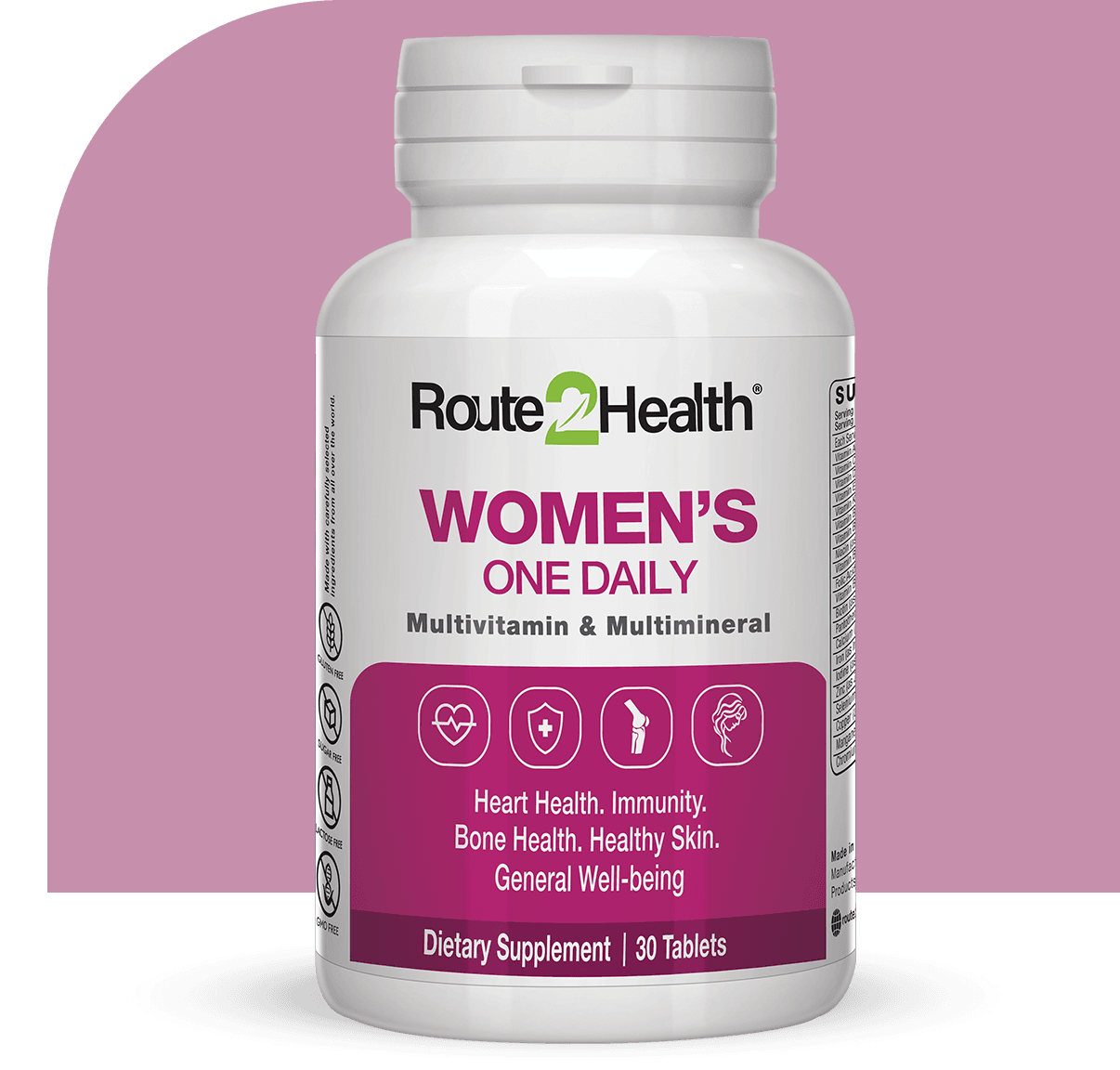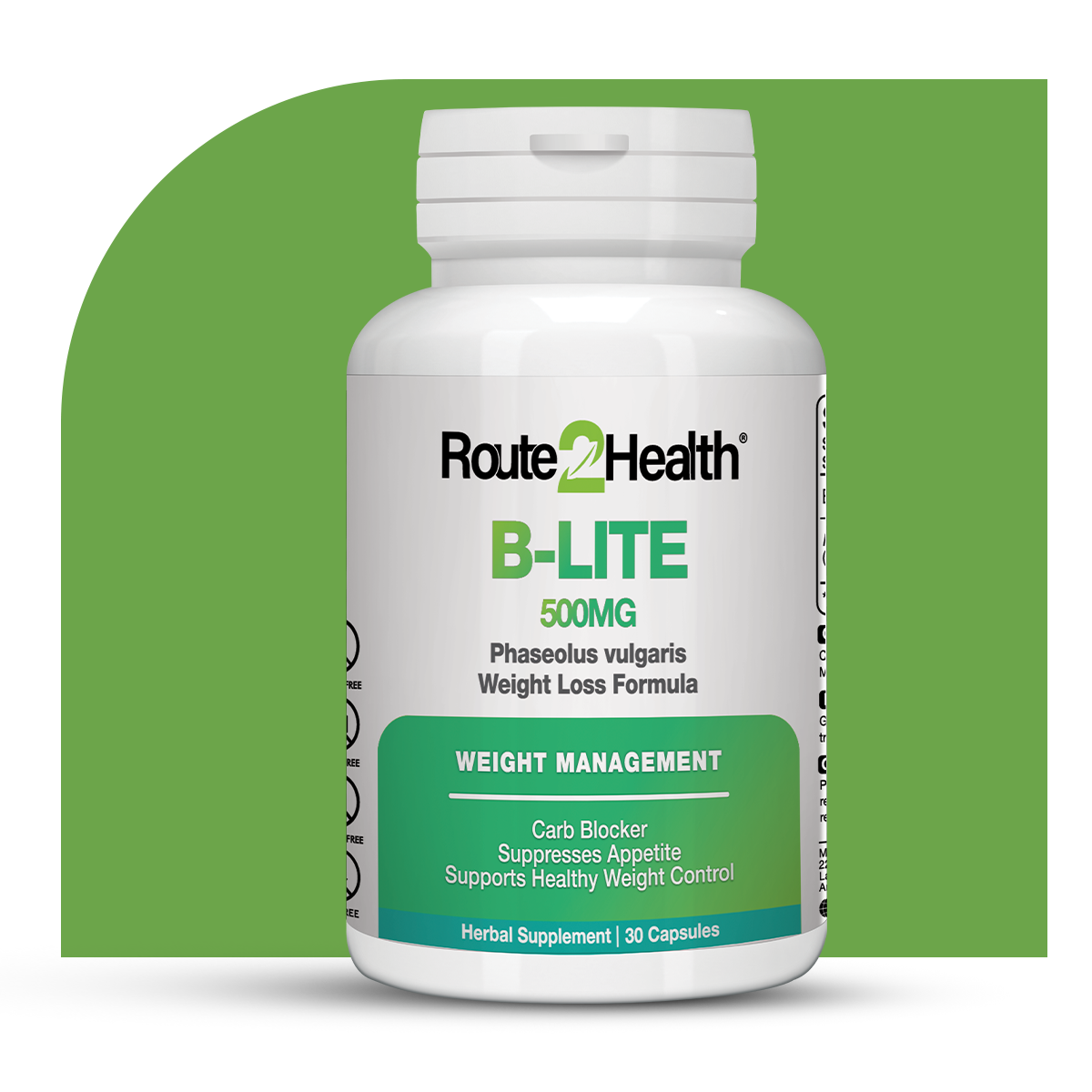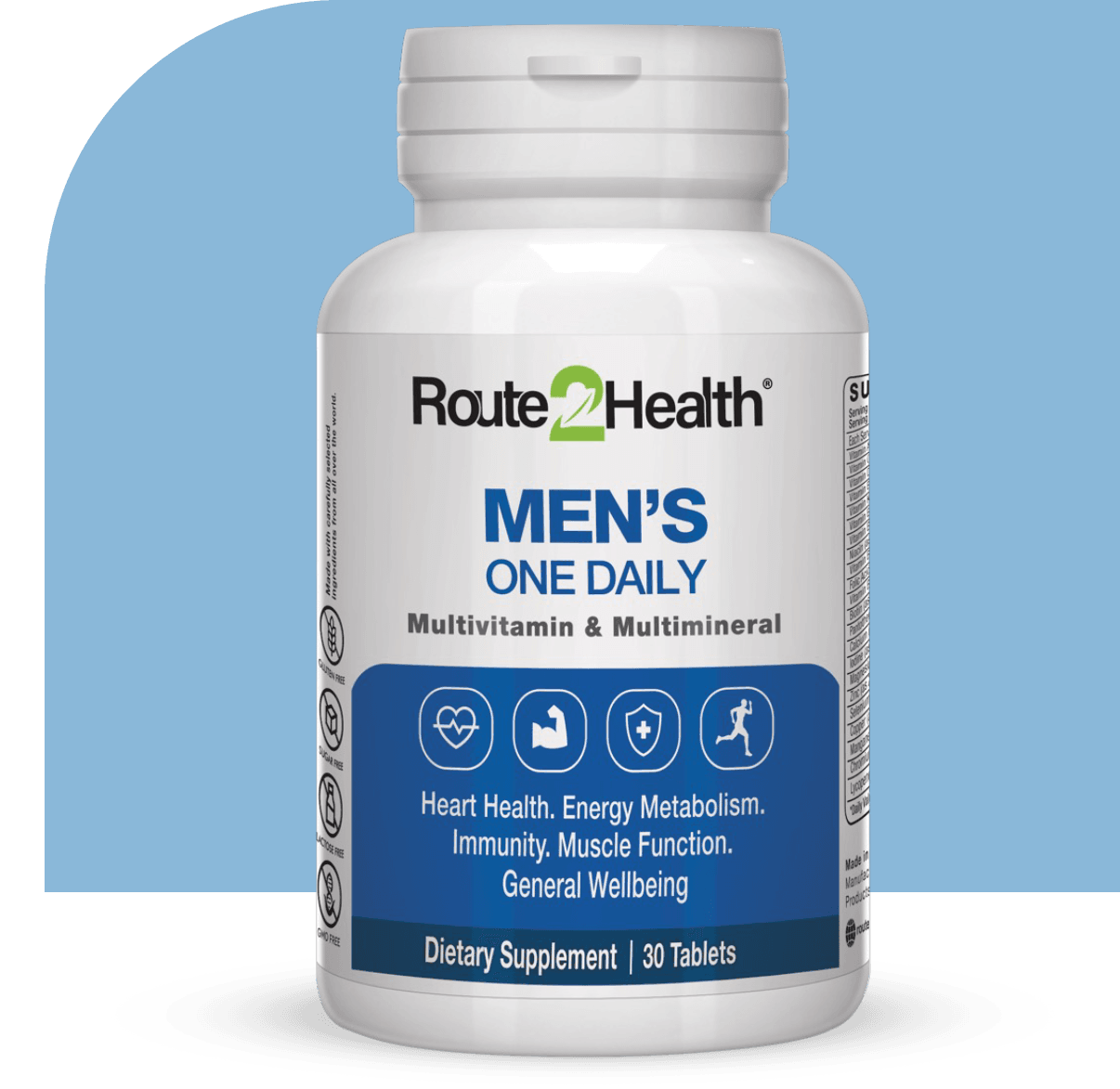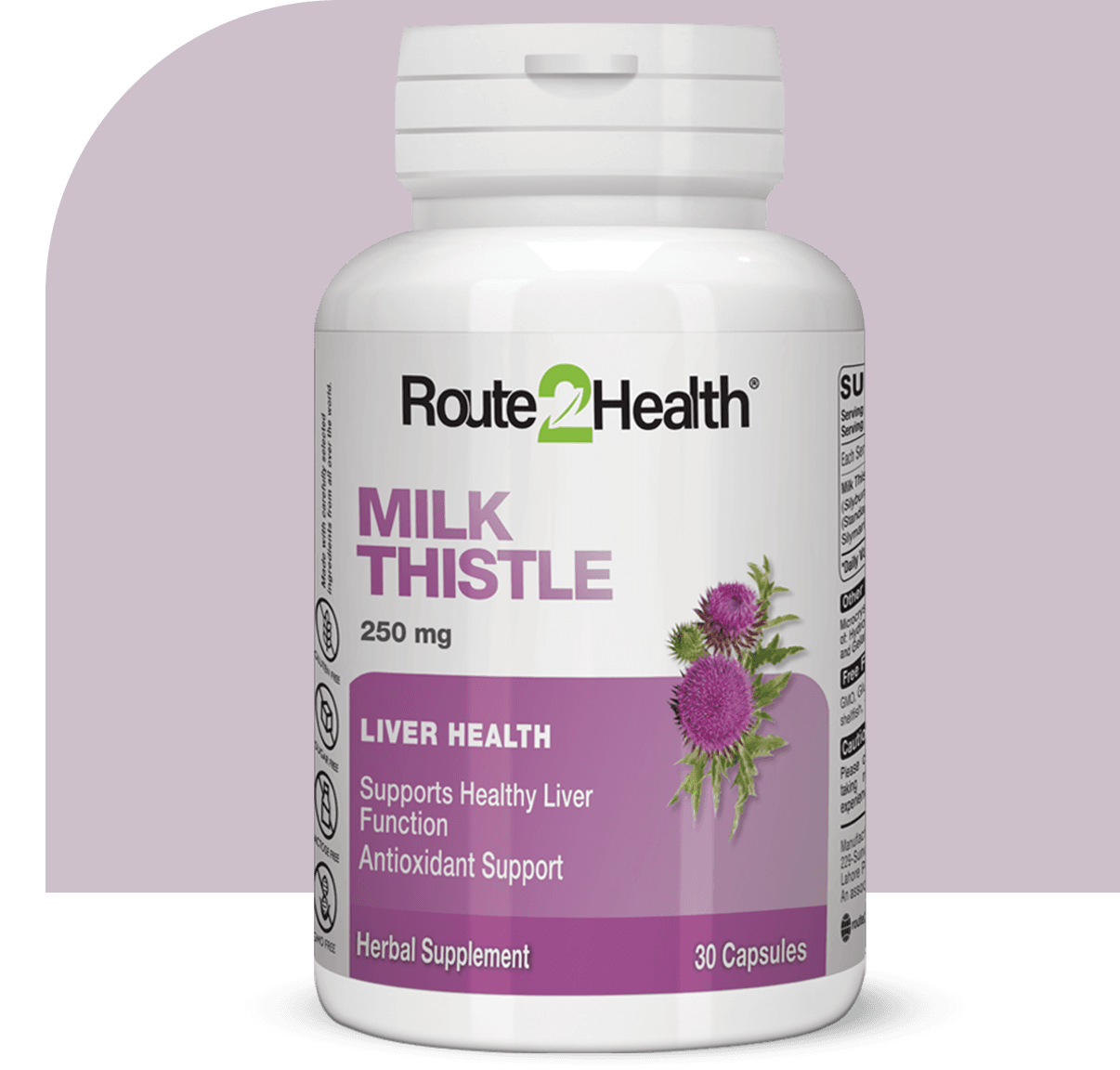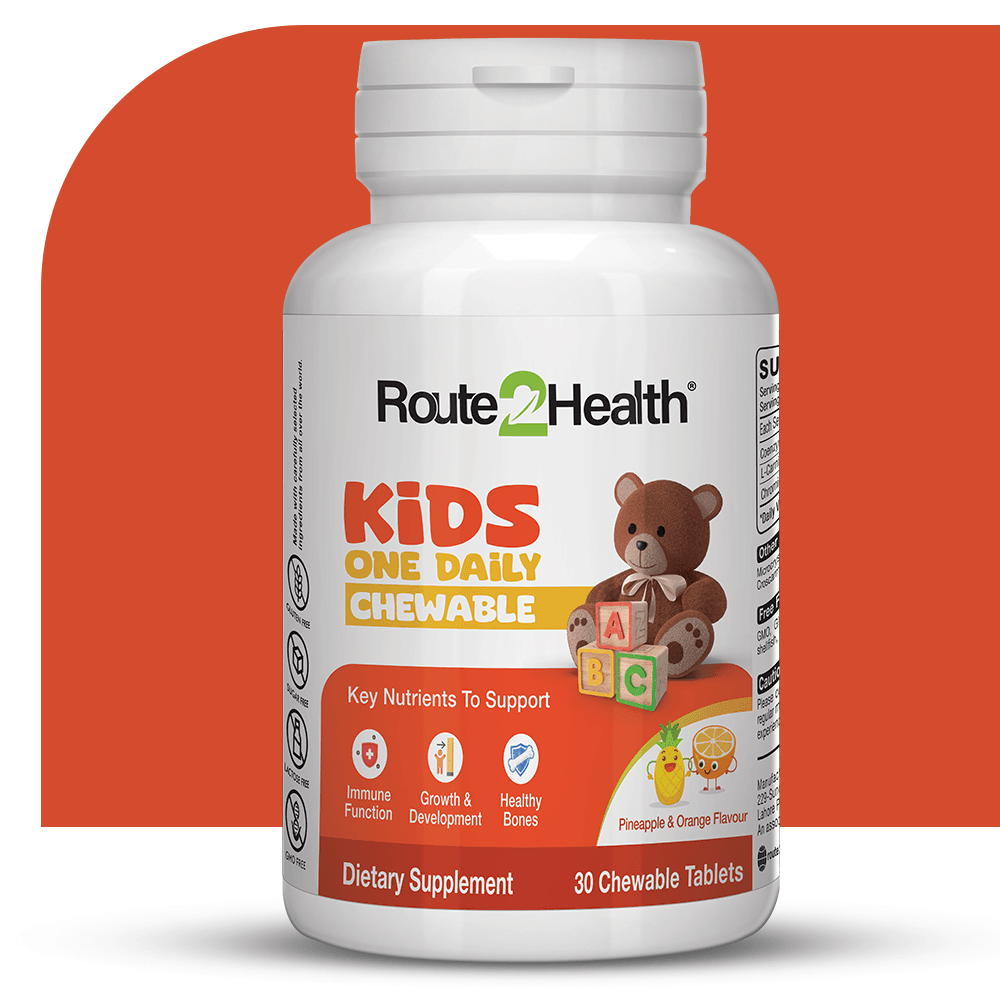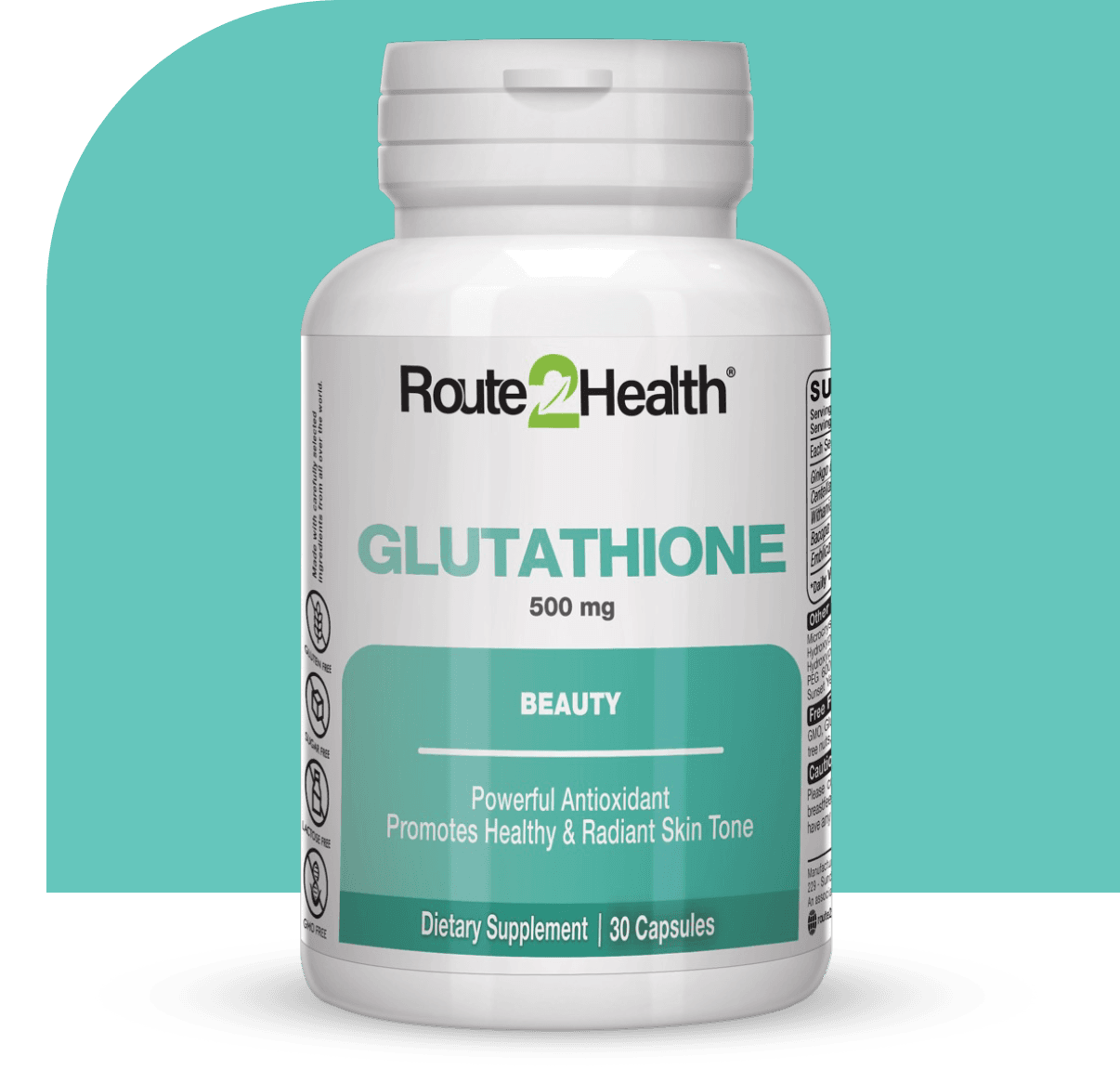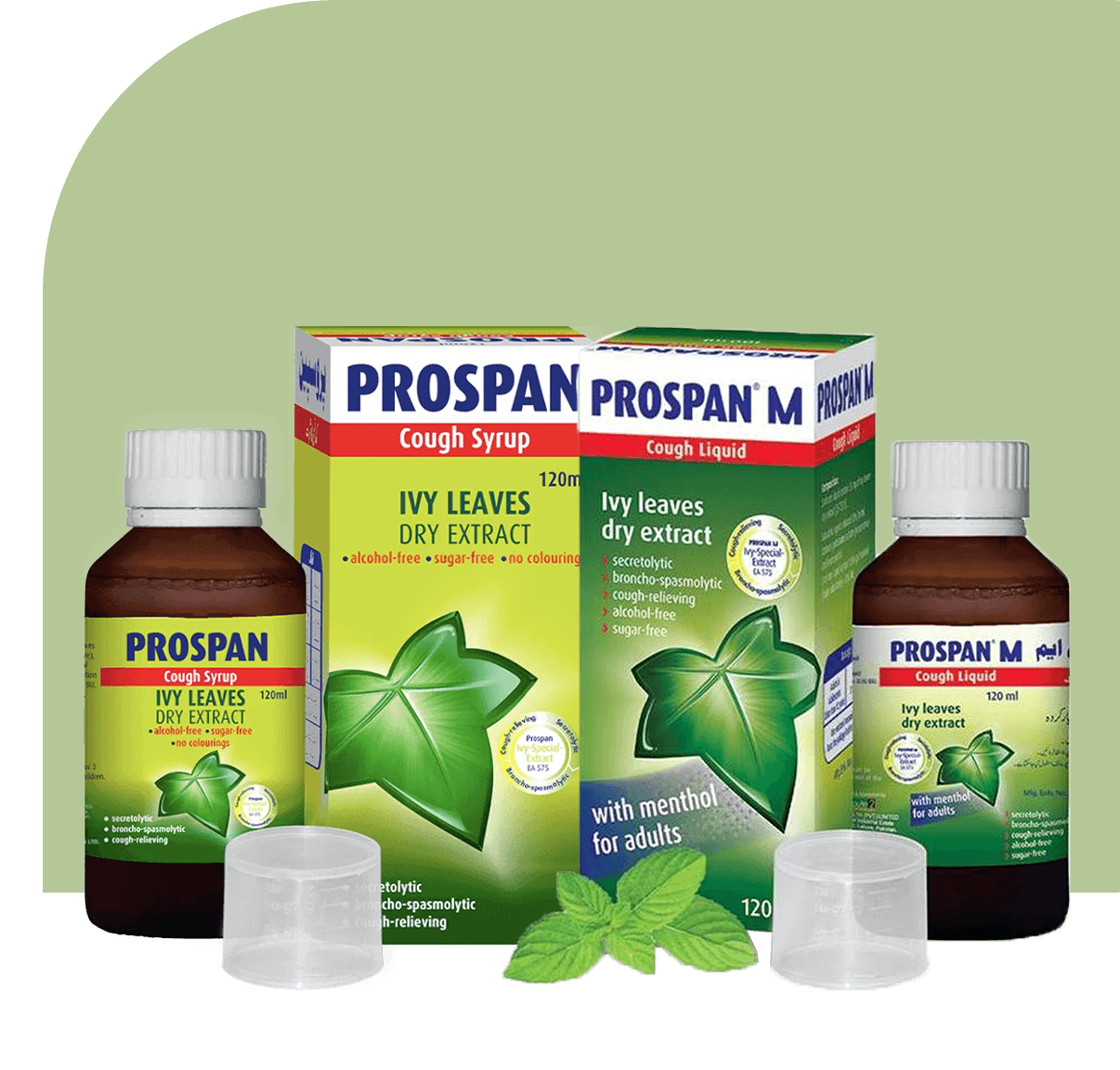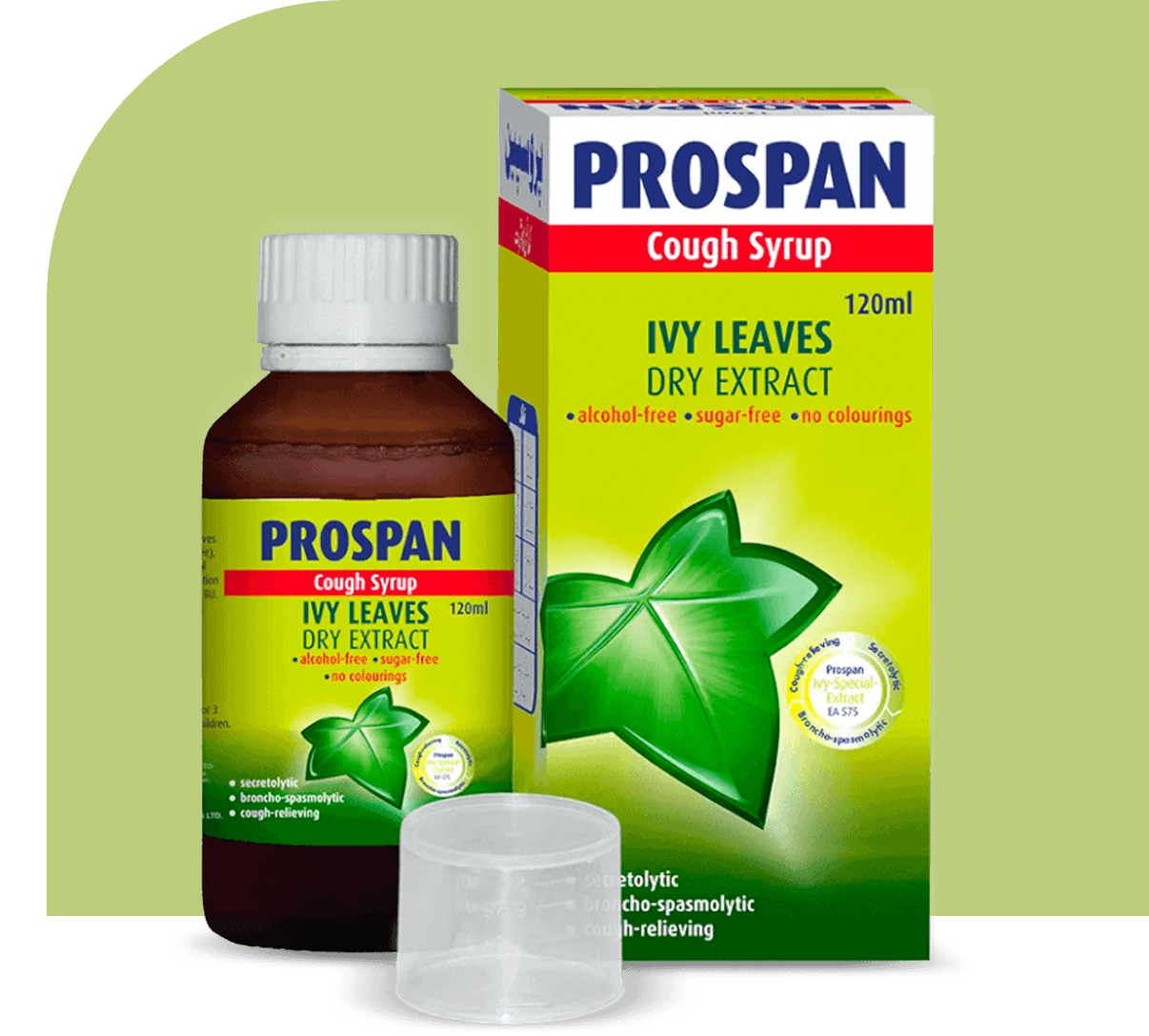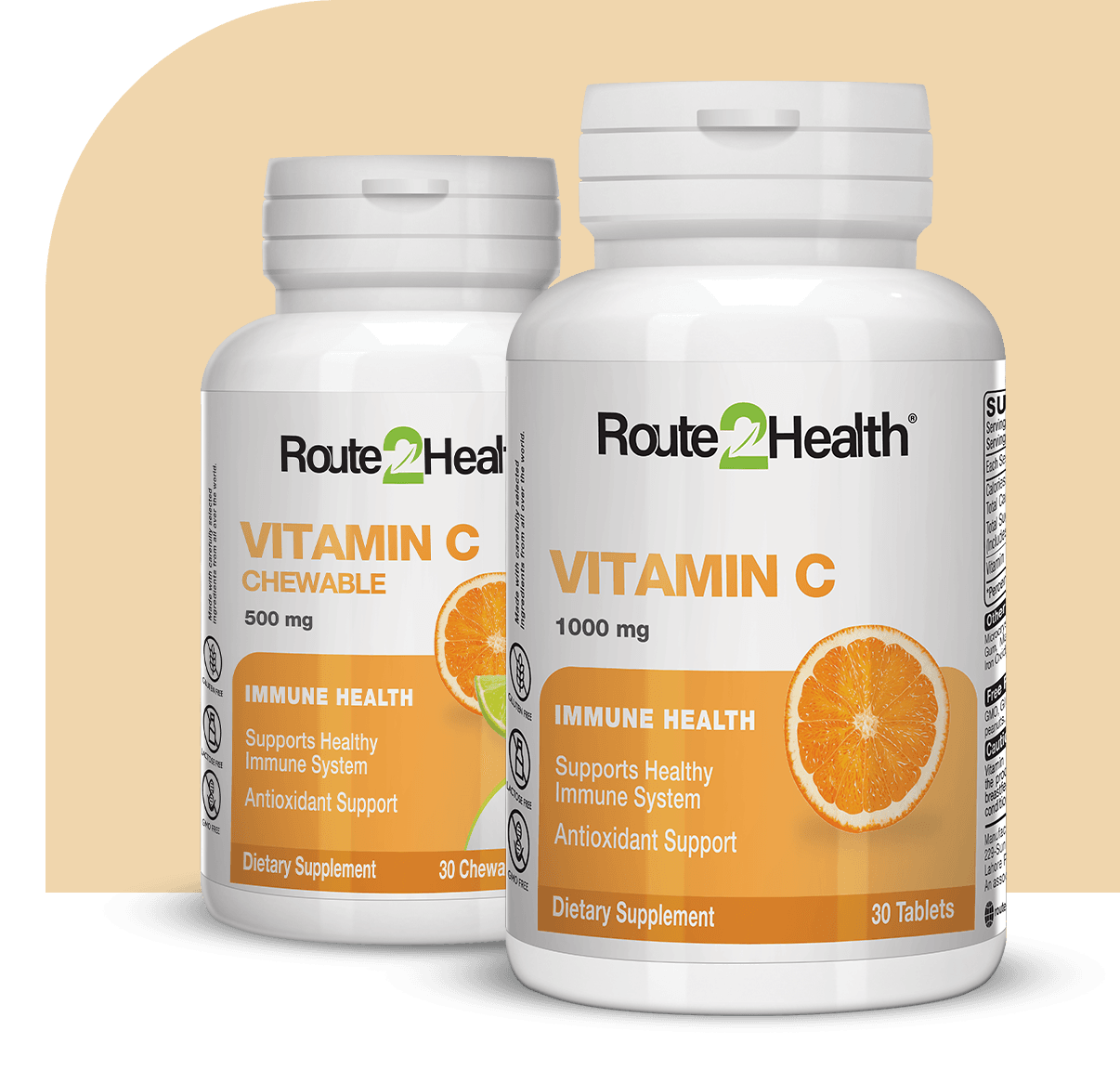

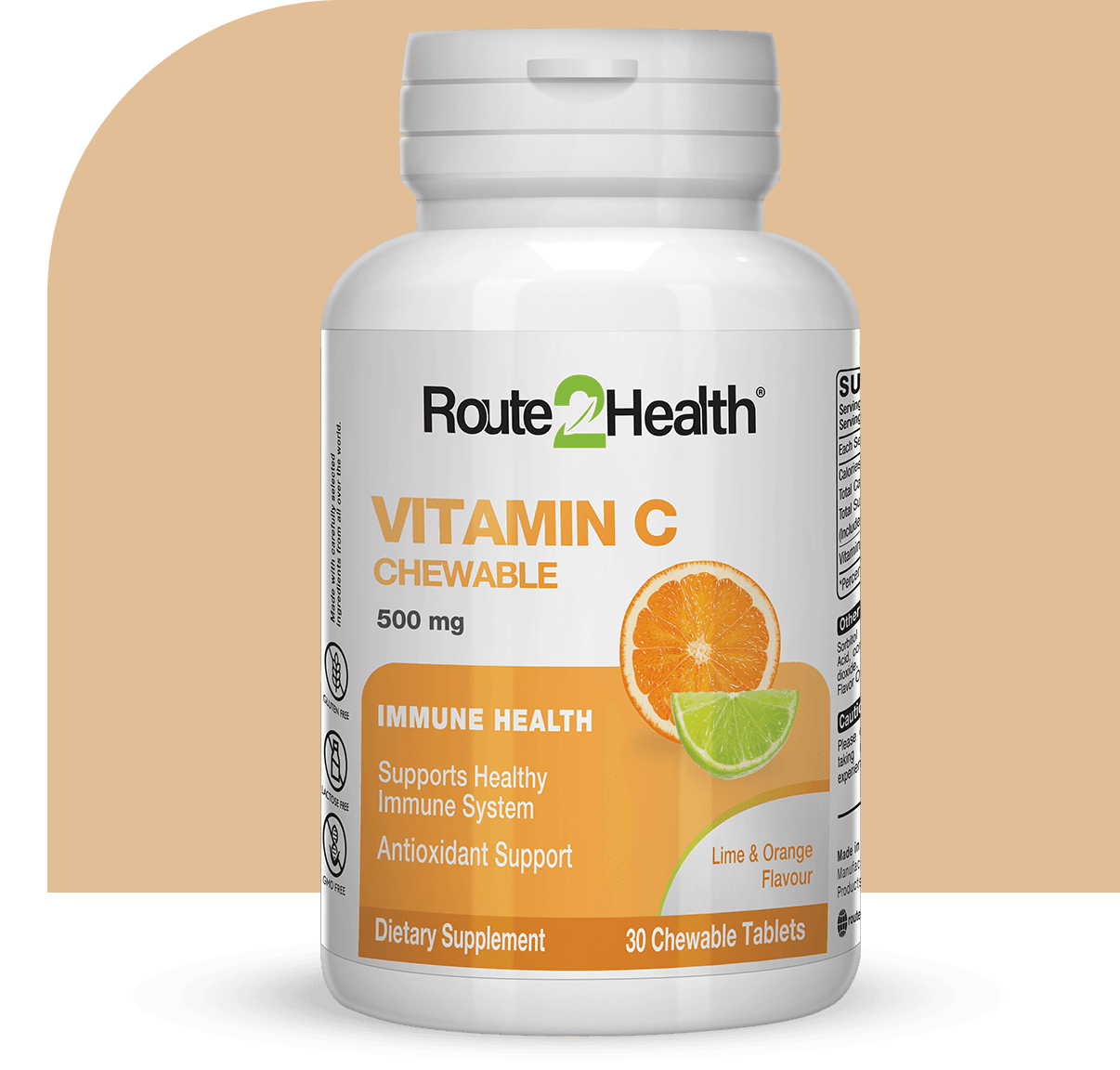

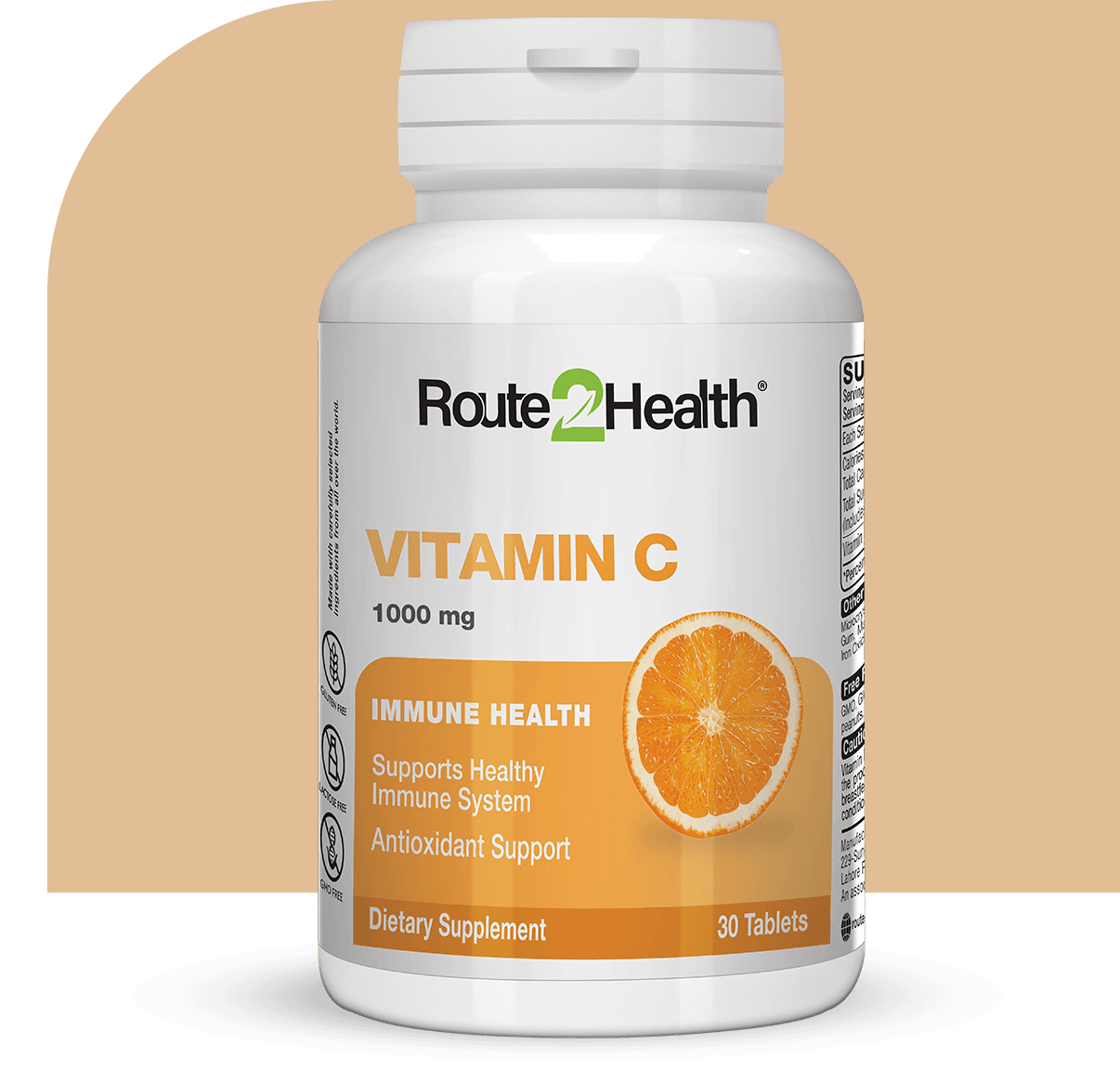










Product Info
Nutrition & Ingredients
Serving Size: One (1) Tablet, Each Tablet Contains:
-
Vitamin C
500 mg
Instructions
Reviews
PRODUCT BENEFITS

Powerful Antioxidant

Boosts Immunity

Supports Skin Health
YOUR DAILY DOSE OF VITAMIN C
Immune System Support
Collagen Production
Antioxidant Defence

Product FAQs
What is vitamin C good for?
Vitamin C benefits immune health, collagen formation, and antioxidant protection.
Do smokers require more vitamin C than nonsmokers?
Smokers require 35mg/day more than the nonsmokers.
Who is at a higher risk of developing vitamin C deficiency?
Smokers and passive smokers, people with malabsorption and certain chronic diseases, infants fed evaporated or boiled milk and individuals with limited food variety are at a higher risk of vitamin C deficiency.
Are there some additional benefits of vitamin C?
According to epidemiological data, eating more fruits and vegetables is: linked to a lower risk of developing most cancers, possibly in part because of the high vitamin C content of these foods is associated with a lesser risk of cardiovascular disease. It was also found that high plasma vitamin C concentrations were associated with a lesser risk of stroke. Another cohort study found adults aged 55 years or older who had a high dietary intake of vitamins and other nutrients like vitamin A, Zinc, and E had a lower risk of age-related eye problems.
What are good food sources of vitamin C?
Citrus fruit, such as oranges and orange juice, peppers, strawberries, blackcurrants, broccoli, Brussels, sprouts, and potatoes.

